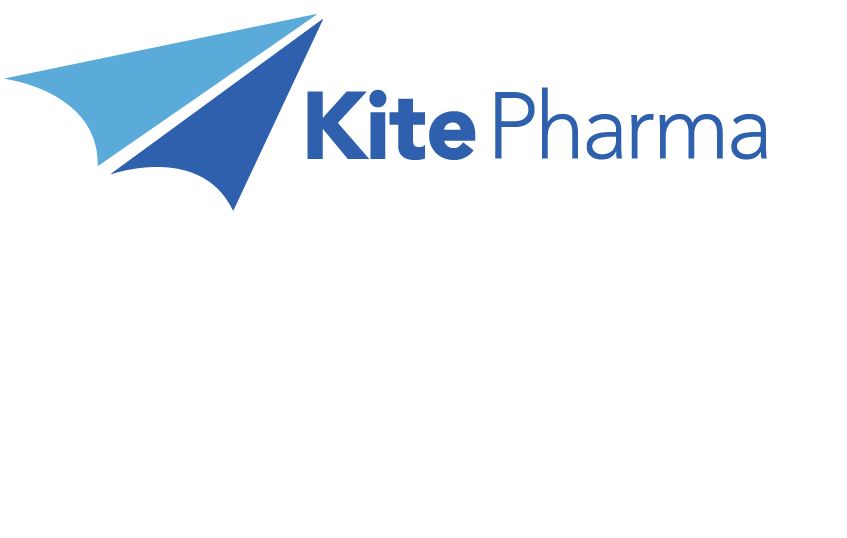Kite keeps pressure on Novartis with CAR-T filing

Kite Pharma has completed its filing for its T-cell cancer therapy with the FDA, giving rival Novartis a slender lead in the race to get the first such product to market.
California-based Kite Pharma had been filing its chimeric antigen receptor T-cell (CAR-T) therapy with the regulator bit-by-bit for relapsed or refractory aggressive non-Hodgkin lymphoma who are ineligible for autologous stem cell transplant.
CAR-Ts are the next generation of cancer immunotherapies and involve a patient’s own T-cells being harvested and genetically modified to bind to antigens on cancer cells.
It’s an incredibly powerful approach, but not without risks, as studies have shown that it can lead to patients coming under attack from their own immune systems, with potentially lethal consequences.
Following positive results from the pivotal ZUMA-1 trial, Kite was able to complete the filing for the therapy, known as axicabtagene ciloleucel (formerly KTE-C19), on Friday.
This was in time to meet its deadline of the end of the quarter and a day after Novartis managed to file its CAR-T, CTL019, for B-cell acute lymphoblastic leukaemia (ALL).
This means Novartis has edged ahead in the race to bring the first of these treatments to market.
Like Novartis, Kite said that it is preparing to launch axicabtagene ciloleucel this year, setting the company up for potential blockbuster sales.
According to analyst Evaluate Pharma, axicabtagene ciloleucel is the most valuable orphan drug in the pharma pipeline.
Sales are forecast to approach $7.9 billion in 2022, while Novartis’ rival CAR-T is expected to produce sales in the region of $4.7 billion.
Results from the ZUMA-1 trial were impressive. Latest data published over the weekend showed complete response of 49% in diffuse large B-cell lymphoma after six months in a 77-patient group.
In primary mediastinal B-cell lymphoma and transformed follicular lymphoma, the complete response rate was 71% in a smaller 24-patient group. Overall the complete response rate was 36% in both groups.
It’s not known how Kite will price its drug, but the expectation is that it will not come cheap. While analysts initially thought that it would cost around $500,000 per patient, estimates have been reduced to around $250,000.
But due to their fearsome side-effects, high intensity care can be required to ensure patients make it through the course of therapy, adding to the costs.
Kite and Novartis are also planning filings with the European Medicines Agency for their CAR-Ts later this year.












